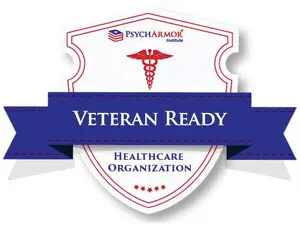DEA’s ‘Take-Back’ Campaign
DEA’s ‘Take-Back’ Campaign
The prescription drug epidemic that has swept through the United States has caused the government to increase their efforts to help stop the abuse and crime involved with pills like Vicodin, Percocet, Oxycodone, and Morphine. One of the biggest issues with prescription drug abuse, especially with younger people, is the fact that unused and forgotten pills often remain in family medicine cabinets where kids and guests can get a hold of them. These forgotten pills in the medicine cabinet often initially fuel young people’s descent into addiction or continue to fuel a guest’s addiction problem. Because of how frequently and sometimes irresponsibly pain pill prescriptions have been distributed over the past few years, the amount of unattended pills in family medicine cabinets has accumulated to an extremely high level.
To combat this problem, the DEA (Drug Enforcement Administration) has put together a nationwide program for people who have accumulated unwanted, unused prescription drugs, to safely dispose of those medications. The last Take-Back Day was in October 2011 where people across the country turned in more than 377,086 pounds (188.5 tons) of unwanted or expired medications for safe and proper disposal at the 5,327 nationwide sites. The next Take-Back day takes place on April 28th, 2012 and you can find your local drop off location here.
It’s unfortunately very common for people to become addicted to prescription painkillers today, but thankfully there’s excellent rehabilitation treatment available to battle these tough painkiller addictions. Individuals who abuse or are addicted to prescription medications can be treated. Initially, they may need to undergo medically supervised detoxification to help reduce withdrawal symptoms—however, that is just the first step. Options for effectively treating addiction to prescription pills are drawn from research on treating heroin addiction. Behavioral treatments combined with medications have proven effective. Finding the right treatment center can make all the difference for a patient because certain standard programs may not work. At Seabrook, patients can take comfort in knowing that we structure individually inspired alcoholism and drug detox and rehab programs in order to fit the needs of each unique patient. Seabrook has rehab facilities located in New Jersey (NJ) and Pennsylvania (PA) and also an outpatient office in New York (NY). If you or a loved one is abusing prescription medications then be sure to contact Seabrook immediately for the treatment to get on the road to recovery.



